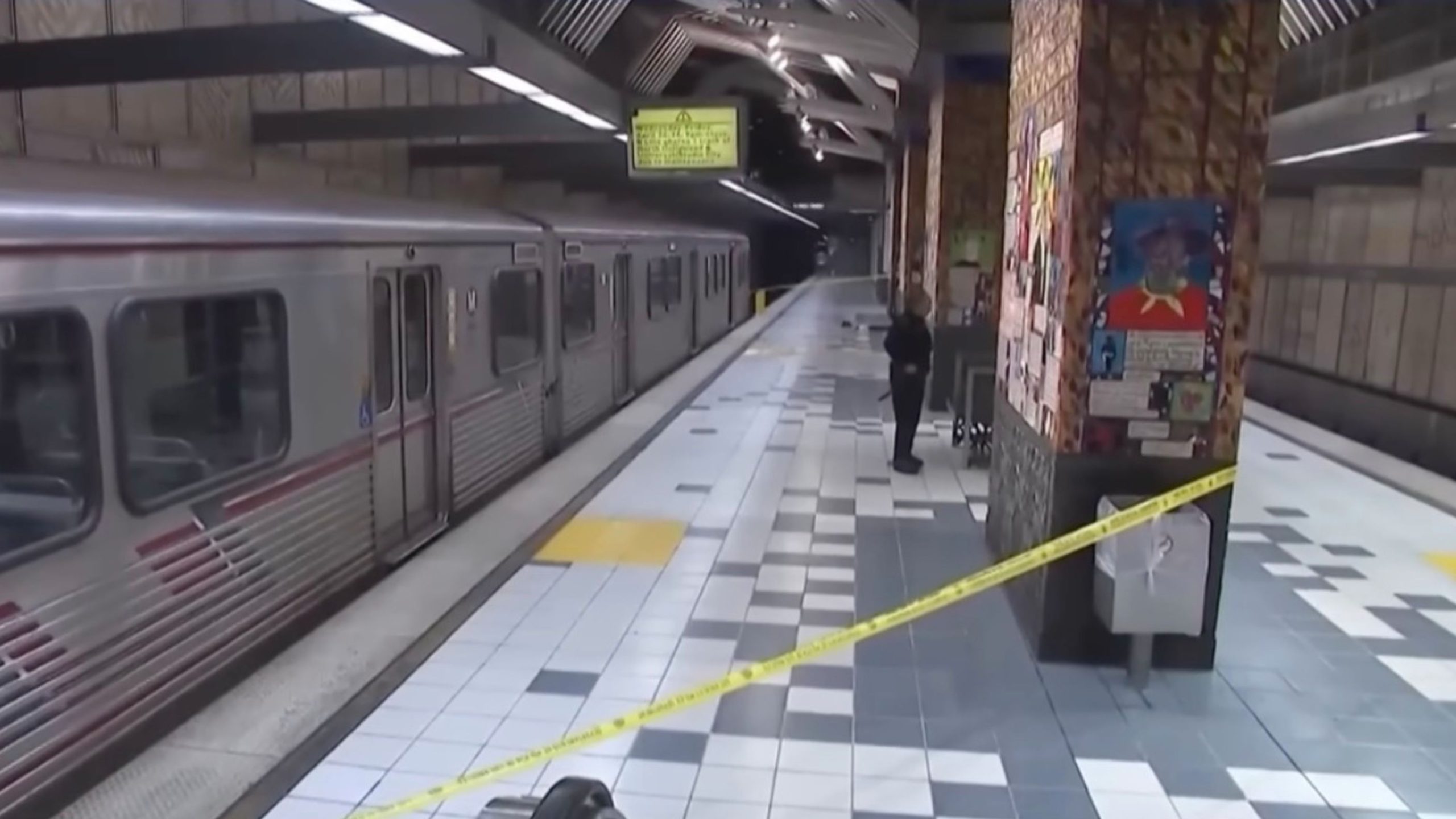A murder that happened in the Los Angeles transport system has prompted transport officials to announce a public safety emergency, and also use the tragic case to promote plans to install more facial recognition devices in the public spaces under their authority.
The Los Angeles press is reporting about this, specifying that the initiative came after a 66-year-old woman was stabbed to death in the Metro system.
Given this and another four attacks that happened on public transport in April (in a city of nearly 4 million people), Metro officials seem to have decided to treat the highly controversial biometric surveillance as the panacea – including for their failings.
Related: How Neglected Rising Crime Levels Are Fueling the Push Towards a Cashless Surveillance State
Namely, the suspected killer (who is now in custody) was previously banned from the transport system because of violent conduct. However, Metro representatives are now saying the only way they could have prevented him from returning to use their service would have been – invasive facial recognition deployed on trains and buses.
The deadline for the Metro CEO, set by the authority’s board, to look into the possibility of deploying facial recognition systems is two months.
If the initiative succeeds, reports say Los Angeles would join Shanghai, Moscow, Mumbai in India, Bogota in Colombia, and cities in Indonesia, who all have biometric surveillance of one kind or another in place in public transport.
But the largest city in the US, New York, is for now standing firm in rejecting any possibility of using this technology – at least when the reason, or the excuse, would be to monitor fare evasion.
The use of facial recognition is by no means an uncontroversial subject from local to federal levels of government.
The Congress-founded US Commission on Civil Rights in February launched a probe into the technology’s deployment by agencies such as the Department of Justice (DOJ), the Department of Homeland Security (DHS) and the Department of Housing and Urban Development (HUD).










